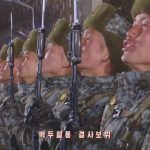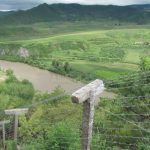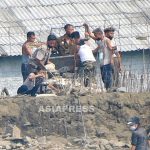
Since early May, mobilizations of people to farming areas have begun in various parts of North Korea. In order to get people out into the countryside, the government is shortening the hours of state-run stores and markets, and providing rations to the mobilized, albeit on a limited basis. All of this is aimed at creating an atmosphere where everyone is focused on farming. (JEON Sung-jun / KANG Ji-won)
◆ Restrictions on daily life intensified during mass mobilization period
The start of the general farm mobilization period has coincided with intensifying controls over the population in various parts of the country, multiple ASIAPRESS reporting partners have reported.
The "general mobilization" period began nationwide on May 6, according to information from a reporting partner in Ryanggang Province in mid-May.
"Members of the women's union (Socialist Women’s Union of Korea) mobilize to the surrounding countryside in groups for more than two hours a day, and they do things like sowing seeds and picking weeds...(During the general mobilization period), the markets are open after 5 p.m. and all the restaurants are closed before then. The state-run stores are open from 1 p.m."
※ In North Korea, housewives who do not work must belong to the women’s union.
At around the same time, another reporting partner living in North Hamgyong Province reported that orders to mobilize to the farms had led to tightened controls over the population.
"Everyone who can lift a spoon must go to the farms, and those who cannot participate due to medical treatment or other personal reasons must have a medical certificate signed by the head of the neighborhood watch unit or the local police officer."
The reporting partner further said that for any office worker to be excluded from mobilization, he or she must have the approval of the work group leader and the cell secretary (the head of low-level party organizations). Those who are unable to eat because they have difficulty making ends meet are "given a medical certificate for reasons such as treatment for tuberculosis or anemia, and if they do not have (the documents), they are detained and then mobilized to the countryside."
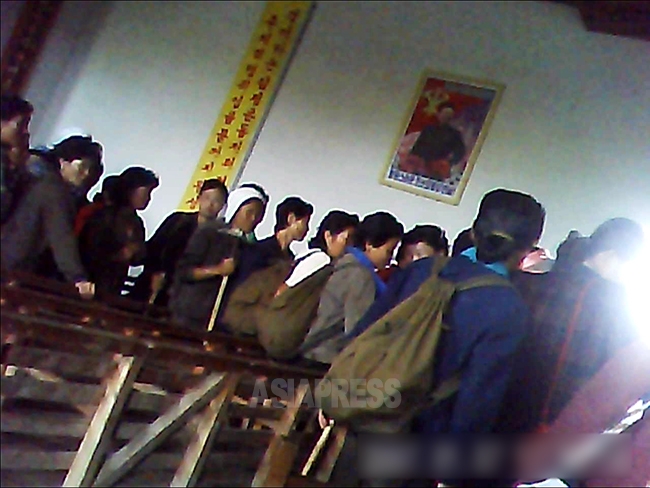
◆ Factories and enterprises faced with a halt operations due to general mobilization
The reporting partner in North Hamgyong Province said that the general mobilization is pushing factories to the point of suspension of their operations.
"Each factory divides up its employees to be sent to surrounding farms to work, and there are so many people mobilized to do the initial weeding and sowing of corn seeds that you can't see a single weed in the fields."
The reporting partner in Ryanggang Province provided a similar report.
"Each enterprise sends people to work in the farms, and the people who are sent out in the form of shock troop units have already been out (in the countryside) since mid-April. Others are mobilized for two to three days or just one day. Everyone is required to participate."
* Shock troop units: Specialized civil engineering organizations mobilized for national construction projects.
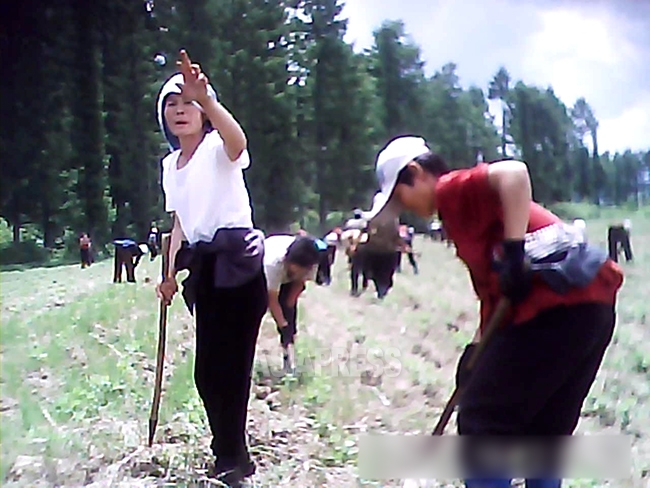
◆ Rations temporarily handed out to support those mobilized
The reporting partners also said that limited amounts of rations were being distributed during the mobilization, explaining that it was a measure to improve the performance of those mobilized for farmwork. A reporting partner in Ryanggang Province said:
"The Workers’ Party requires institutions and enterprises to properly distribute food to rural volunteers, so the mobilized people are given rations by the enterprises themselves. The steel factory in Hyesan gave out 1.6 kg of corn for two days during the mobilization period, and other enterprises are also giving out rations during the mobilization period."
A similar report was given by a reporting partner in North Hamgyong Province.
“(Workplaces) gave out a week's ration of corn for May because it was the rural mobilization period, and the state-run grain store also sold corn for the first half of May: three kilograms per household for 2,200 won.”
* 1,000 North Korean won is equivalent to about 157 South Korean won.
The North Korean regime encourages people to participate in the farming mobilization period every year, touting farming as a way to stabilize people's lives and solve the country’s food problems. However, decades of grueling mobilizations have only led to fatigue and dissatisfaction among the people, and the country’s food problems seem to be far from being solved.
※ ASIAPRESS communicates with its reporting partners through Chinese cell phones smuggled into North Korea.
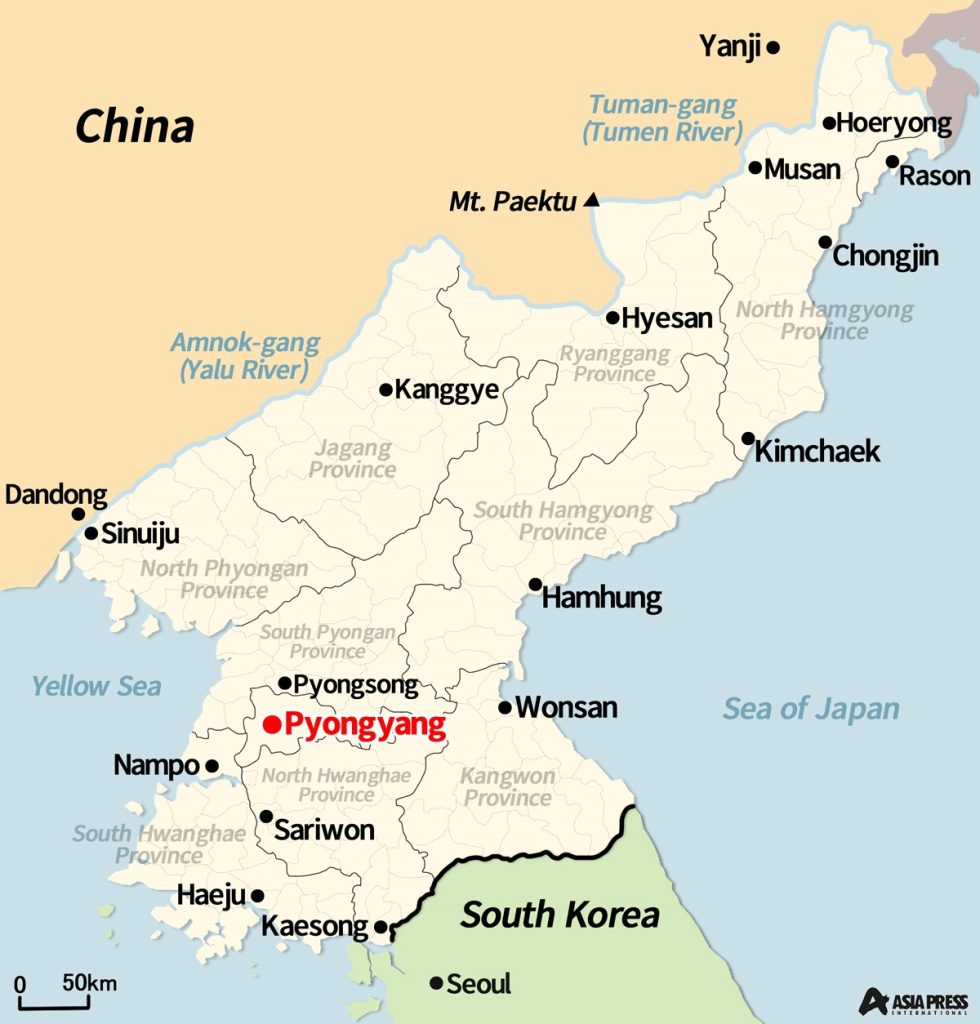
- <Inside N. Korea>State-led smuggling resumes in the Yalu River, sends seafood and copper ore to China, bringing in UN-sanctioned goods like cars and machinery
- <Inside N. Korea>Blindsided by information blockade...Unprecedented surveillance as defectors' families considered chief drivers of flow of outside information
- <Inside N. Korea>Recruitment for the world's longest military service(1) This year 8 years for men, 5 years for women
- <Inside N. Korea> 'National Unified Price System' implemented on domestic products...Stores are given booklet showing prices in new system… Government aims to tighten control over economy
- <Investigation>Why aren’t North Korea’s women having babies anymore? (1) The fertility rate is already severely low…It’s rare to see anyone carrying babies around

